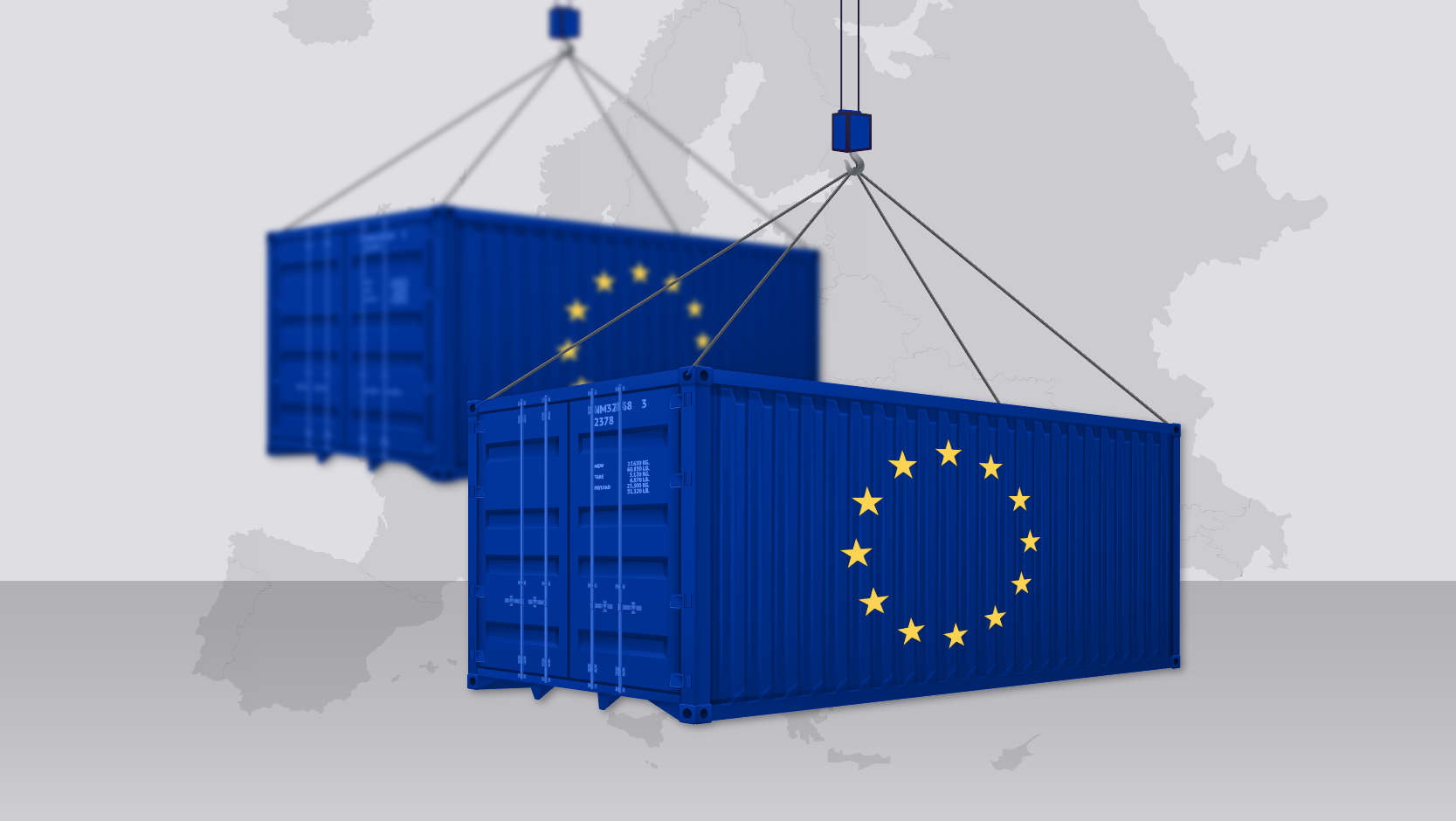
SWIDA Innovative carries out a road transportation of goods not only within the EU countries, but also to and from nearby countries with specific customs requirements such as the United Kingdom, Lichtenstein, Switzerland, Andorra, San Marino, Monaco, Norway and Turkey. Let’s take a look at the things you should be looking out for while planning to work with a freight forwarder on transporting goods inside or outside of the EU, to keep the process quick and efficient.
Despite the increasing shift towards electronic documentation, traditional paperwork remains a necessity when dealing with customs offices. Carriers must provide both electronic and non-electronic documentation, including digital invoices, packing lists, export declarations (EX-1), import declarations, T1 and T2 documents, and GMR documents. For transportation out of the UK, an EAD document may be required, and for importation, approval via a C88 document is necessary.
For road cargo transportation out of the European Union, referral codes, often referred to as MRN (Movement Reference Number) are necessary to cross the borders. These are generated by the customs declaration system to track the movement of cargo. Every single cargo has its own referral code. The common obstacle is the mistake of having a wrong code. Sometimes the correct data are misplaced by the elder codes, or simply are confused with another codes, especially when the one is managing transports at once. Having trouble with referral codes might be the crucial problem for the whole transportation process, with possible consequences of stopping the cargo transportation in progress.
Customs clearance is a complex process that varies by country and type of cargo. For example, when exporting goods from the EU to Turkey, you must comply with Turkish customs regulations. This includes providing a detailed invoice and a Certificate of Origin. Any discrepancies in these documents can lead to delays. Additionally, unexpected cargo and vehicle inspections can also cause hold-ups. For instance, if customs officials decide to physically inspect the goods, this can add several hours, maybe days to the clearance process. To avoid all those delays the carrier needs to make sure that the documentation complies with the foreign customs policies.
In ADR cargo transportation, thorough preparation and specific documentation are crucial. Also, compliance with the European Agreement concerning the International Carriage of Dangerous Goods by Road is mandatory.
For instance, when transporting flammable liquids like gasoline, a transportation vehicle must display orange plates indicating dangerous cargo. The driver must hold a valid ADR training certificate, proving they’re trained in handling hazardous materials. Also in case of an accident or emergency, emergency action codes (EAC) must be provided. These codes give instructions to the emergency services on the actions to be taken in the event of an incident.
Non-compliance with these regulations can result in severe penalties, ranging from monetary fines to even imprisonment. This is why you should only work with seasoned freight forwarding professionals with the experience in ADR cargo transportation.
The borders of the EU are not the only place to be aware of specific restrictions and requirements. Some countries within the EU have their own set of rules and regulations regarding cargo transportation across their borders. For instance, if you’re transporting chemicals from Turkey to Germany, you must comply not only with the turkish customs clearance process but also with the german Ordinance on the Transport of Dangerous Goods by Road, Rail and Inland (GGVSEB), and provide appropriate documentation, including a dangerous goods note and safety data sheet.
Or another example, if you’re transporting certain agricultural products from outside of the EU to France, such as wine, you must comply also with the French Customs Code, which requires specific documentation, including a VI-1 form for wine originating outside the EU.
Understanding these country-specific regulations is crucial for seamless transportation and avoiding delays or penalties.
When working with SWIDA Innovative, none of the above is a concern for you, since we handle all customs procedures using our long-time experience and up-to-date information about any particular changes in the process.
Contact us and learn about our solutions to resolve any matter within a road cargo transportation in and out the EU.
Get a free price quote
The Road Ahead for the transportation industry in 2025 looks busy, but it’s not without its significant obstacles. At …

Think about it: planning routes, optimizing processes, and navigating challenges. That’s the essence of logistics, isn’t it? Well, we used that same mindset when…

You know, the way we move goods around the world is changing, like, really fast. It’s not just about…